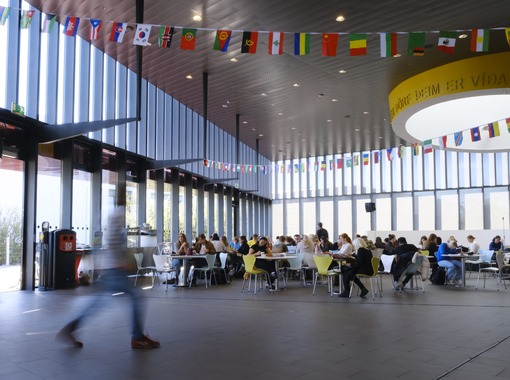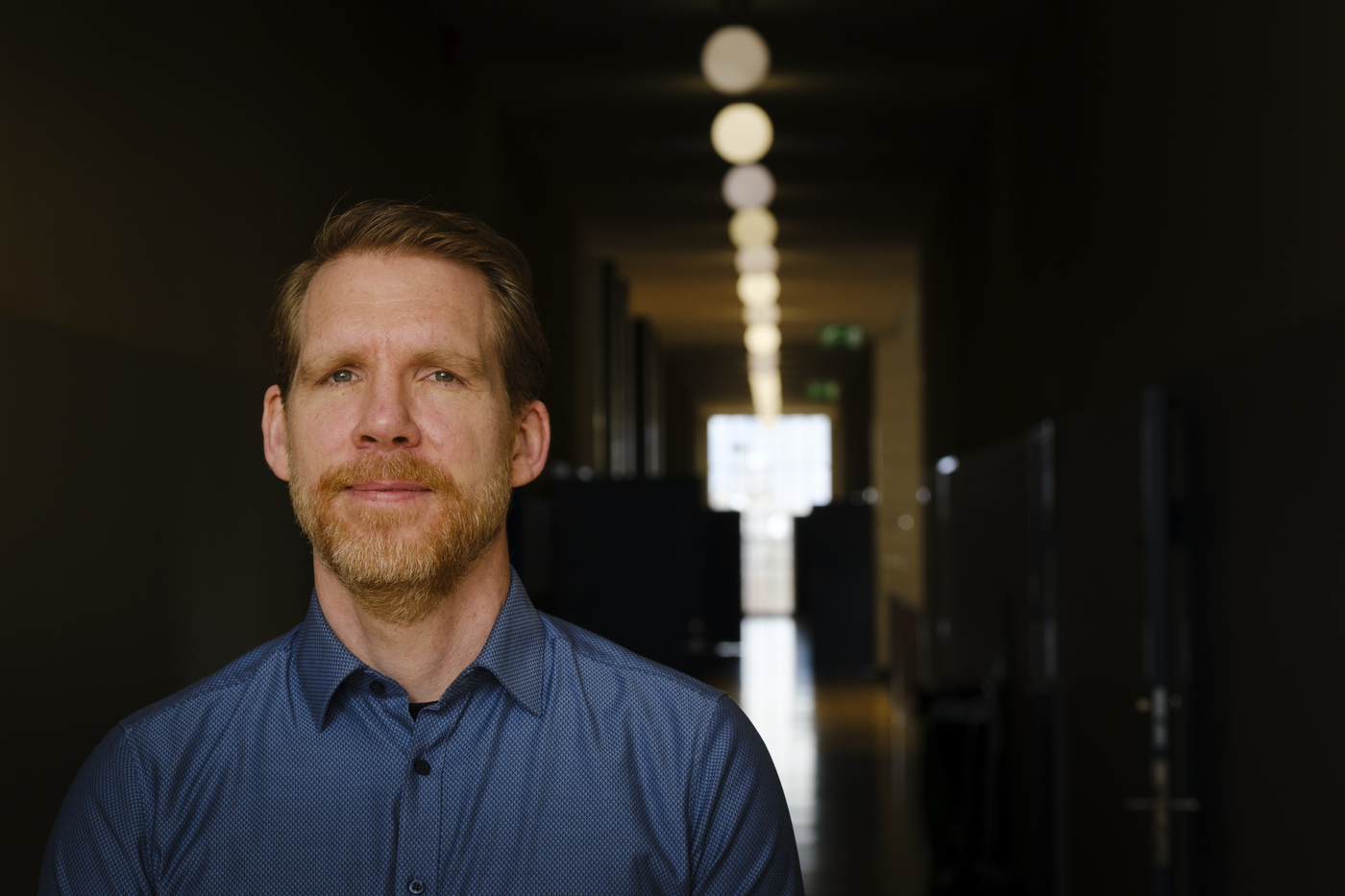"Generally speaking – my research centres around the topic of social inequality in education and ways to increase equality. This is a broad topic but I am interested in how students‘ social origin as well as their ethnicity or gender influences what or which type of education they obtain. Furthermore, I am interested in how the transition from school to work – or in other words the process of getting a job - is shaped by socio-economic background factors."
So says David Reimer, professor of the sociology of education at the University of Iceland, a prolific researcher in his field. David has received two significant grants, to conduct his research which has significant social impact. Education is without any doubt the most important investment a person can make and it also has a direct impact on society in a broad sense. It is imperative to find ways to reach equality in the education system as knowledge is the currency of the future.
A French German with strong Icelandic ties
David is a great asset for the University of Iceland, but he formerly worked at Aarhus University in Denmark, where he conducted important research using information technology and communication to disseminate useful information to marginal groups.
David grew up in Germany but has both German and French citizenship as his mother is French and his father is German. After high school he studied sociology at the University of Mannheim where he also obtained a Phd in 2009, the year he began working at Aarhus University in Denmark.
The University of Iceland emphasizes eliminating barriers in its UI26 policy to facilitate collaboration between units for the benefit of students, research work, and society. One could thus say that David is working exactly according to the University's policy as his position as professor is based 50% at the School of Education and 50% at the School of Social Sciences. This is fitting as he takes a keen interest in reducing inequalities in education.
Much more freedom here compared to Denmark
"The primary reason I am at the University of Iceland is because I followed my wife, Rósa Magnúsdóttir, who started as a professor of history here at the University already two years ago," says David and smiles, "but apart from that I find the working conditions at UI quite appealing."
As a professor I have much more freedom here compared to a similar position at a Danish university. Furthermore, inequality in education is fascinating to study in Iceland. For example, in international assessment studies such as the PISA study that examines the reading and/or math and science achievement of 15 year-olds, inequality in test performance according to students‘ social background is comparatively low. This means that the performance of students from higher vis a vis lower socio-economic backgrounds is much closer together compared to for example countries such as my home country, Germany. However, if one looks at who has intentions to pursue university studies, the social origin of students seems to be just as (or potentially even more) consequential in Iceland than in most other countries in the world.
"The project can be seen as a success. Our short 20 minute intervention increased application rates to university among working class students by about 6 percentage points compared to students in the control group."

Used video interviews to encourage marginal groups to go to university
Both grants that David received are dedicated to reducing inequality in education. In a project funded by the Danish Independent research grant, David and his collaborators tested whether last year high school (menntaskóli) students in Denmark from less privileged backgrounds can be motivated to pursue university studies.
"We showed them videos of current university students talking about their experiences in combination with relevant information about for example labour market outcomes for university graduates," says David about the project and adds: "The project can be seen as a success. Our short 20 minute intervention increased application rates to university among working class students by about 6 percentage points compared to students in the control group."
In light of the initial success of this project David applied for and received a big European Research Council grant in the amount of 2 million Euros (300 m ISK) where this methodology would be further developed and applied in four countries (Denmark, Iceland, Germany and Hungary).
One of the innovations of this project is that we also test interventions to reduce inequality at the transition from compulsory school to upper secondary schooling – something that has rarely been done before. This project is about to start in the next weeks and run for five years," says David.
David speaks about the importance of universities for societies.
Very interested in reducing inequalities to attend University
Working towards equality is a huge challenge, and of course it is one of the key factors in the UN Sustainable Development Goals. The UI policy has a strong foucus on supporting the community to deal with various challenges through research, not least in areas concerning welfare and equality.
"My selection of this topic is a mixture of my own interests in social inequality in general which I already developed while attending high school in Germany . Another important factor is that many of my teachers at the University of Mannheim where I obtained by Master’s and doctoral degree in Sociology, were prominent researchers in this field. Initially I was more interested in the process of getting a job – my first published article was about the gender wage gap in Germany. But throughout my PhD studies, I focused increasingly on inequalities in education – particularly with a focus on attainment of higher education degrees."
When asked how research changes the world David says it a big question to answer, but nevertheless continues:
"New knowledge based on research is the the essential prerequisite to be able to offer quality education in universities. Without research it would be difficult to know which methods and theories should be taught – or which approach is outdated or simply false. So in a way research changes the world since the education of the next generation depends on it."




